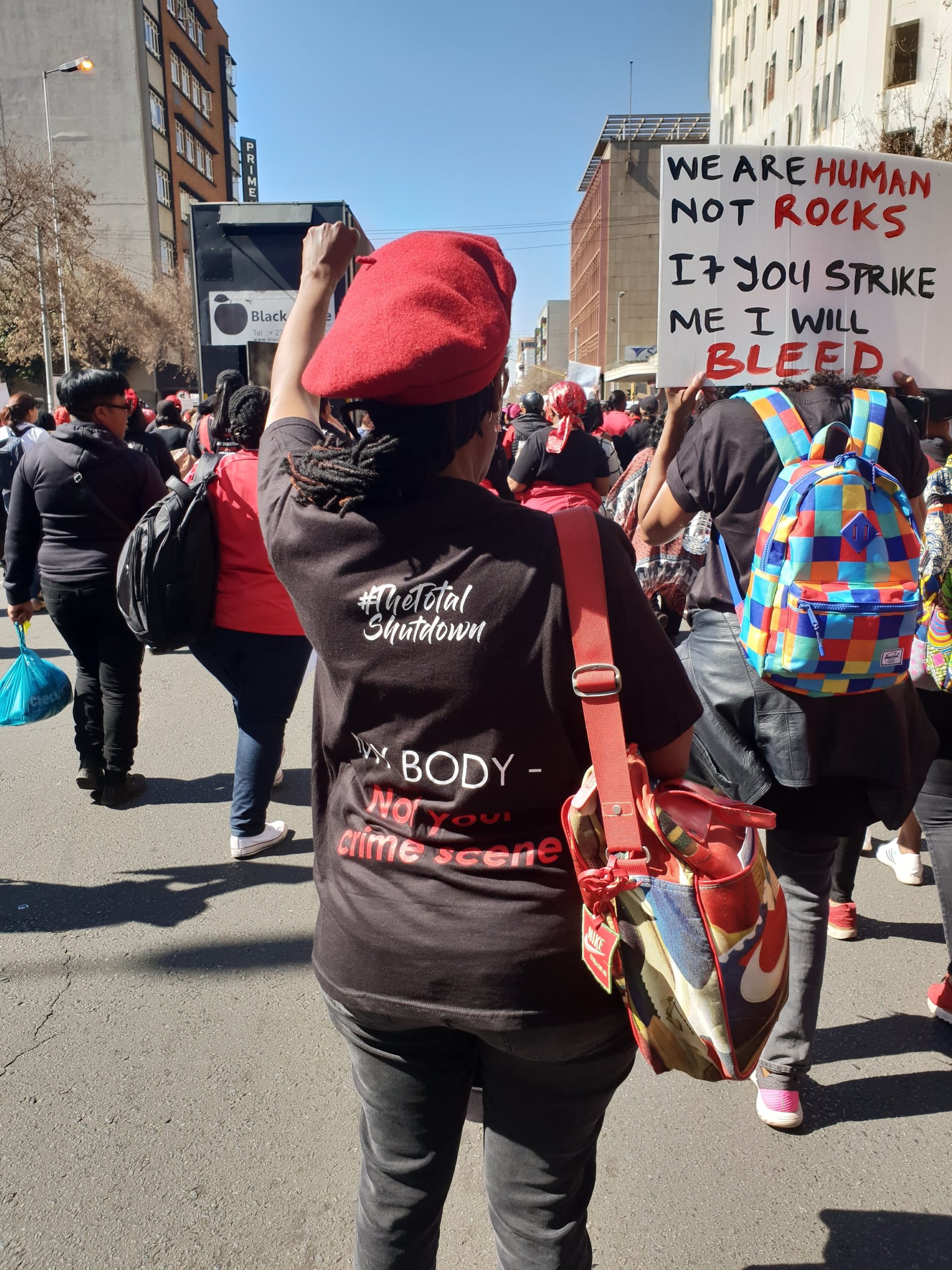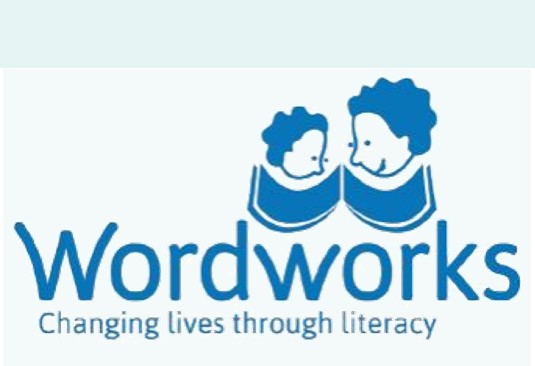
Prioritising Early Childhood Development: A call to action on this year’s (2024) Youth Day
As we reflect on the significance of Youth Day, it’s imperative to highlight the critical role of early childhood development (ECD) and youth empowerment in breaking the cycles of unemployment and inequality. The path to a brighter future for all South African children starts with prioritizing ECD. Investing in early learning not only fosters foundational skills but also equips our youth with the capabilities needed for meaningful employment and lifelong success.
Failure to prioritize ECD jeopardizes our efforts to tackle unemployment and inequality effectively. However, amidst these challenges, there is a wave of NGOs and ECD advocates championing change, advocating tirelessly to reshape our nation’s future. We call upon our leaders to heed this call and allocate the necessary resources—both human and financial—to support comprehensive ECD initiatives. It’s time to ensure that ECD remains a cornerstone of government agendas, shaping a positive trajectory for generations to come.
This Youth Day, let us unite in advocating for quality education and empowering our youth. Together, we have the power to build a more equitable and prosperous South Africa, where every child has the opportunity to thrive. Join us in this crucial mission, and together, let’s make a lasting impact on the future of our nation.
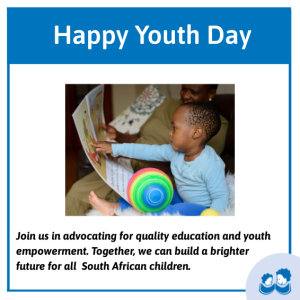
Cultivating Collaborative Partnerships for Societal Progress during World NGO Day
As we mark World NGO Day, we reflect on the past and current role of NGOs in providing service delivery, ponder on the context, challenges and hopes for the future. In the three decades since the advent of democracy in South Africa, NGOs have emerged as vital channels for delivering essential services to the underprivileged. Throughout the apartheid era, these organisations served a dual purpose, battling against injustice while also providing crucial support to oppressed communities. However, the transition to democracy presented hurdles as international funders shifted their focus to supporting the newly established government, leaving NGOs to navigate uncertain terrain independently. While many struggled to regain their footing in this new landscape, governmental recognition of the invaluable expertise and contributions of NGOs in post-apartheid South Africa gradually emerged.
Effective Developmental Efforts through Collaboration
Collaboration between the government, the corporate sector, and NGOs is essential for progress. While NGOs value partnerships, they also have a duty to hold the government accountable for its commitments and spending. Questions arise when funds are returned to the treasury while critical sectors like education and healthcare lack resources. NGOs must continue advocating for transparency and accountability to ensure resources are utilised effectively.
In our sector, there are NGOs, like ourselves, with a long history of working collaboratively with provincial education departments, and these efforts have yielded/continue to yield positive outcomes and lessons, and we would like to continue on this trajectory.
Yizani Sifunde: A Model for impactful Partnerships
As a prime example of successful partnerships within the NGO sector, we take pride in the Yizani Sifunde project. A collaboration with Book Dash, Wordworks with implementing partners ITEC, Khululeka and Nal’ibali, generously supported by the Liberty Community Trust, has been exceptional. Through this project, we were able to provide training to our Project Facilitators as well as distributing a total of 271,300 books. These books are not only utilised within reading clubs but also taken home by children, fostering a sense of ownership and a lifelong love for reading within our communities.
Our Call to Action
As South Africa progresses towards a sustainable future, partnership between government, NGOs and donors remains integral. Collaboration across all sectors is necessary to ensure no child is left behind in their learning journey. It is time for full acknowledgement of NGOs’ vital role by the government, with policies effectively implemented and funding aligned with developmental goals. Transparency and accountability must be advocated for, among government, NGOs and donors, to ensure resources are utilised efficiently and effectively. By working collaboratively and addressing challenges together, we can build a more resilient and inclusive society where every child is support, paving the way towards a brighter future for all.
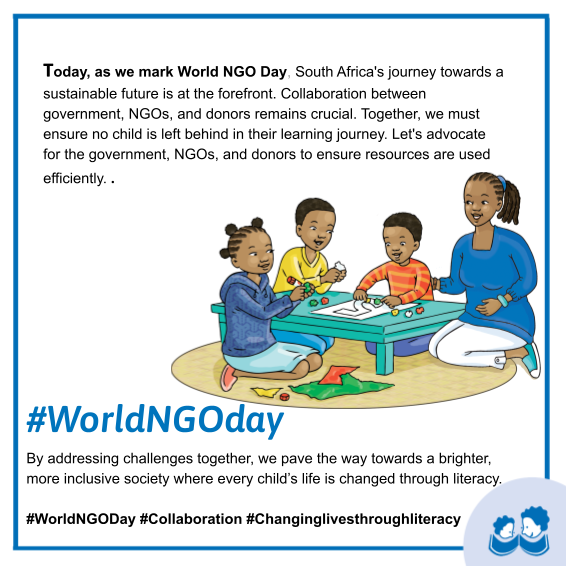
Mother Language Day Reflections
Last week we celebrated International Mother Language Day, a United Nations anointed event that is marked in most countries on the planet. This important day evoked some memories and prompted me to reflect on some of my experiences regarding language.
My Mosotho mom took the concept of mother tongue literally by enrolling me in a Sesotho primary when I started school. It was a rare occurrence in those days for children to learn in their mother’s language as opposed to that of their father, which was Sepedi in my case. She probably thought “ozoba strong”. This grounding assisted me greatly in my social and academic paths.
When it came to our own children, we exposed them to Sesotho and IsiZulu as their home languages from the onset. Both parents consistently stuck to our respective mother tongue. Our view was that they were exposed to enough English at school, on television and in their friendship groups. It was important to be as proficient as possible in both languages and that they be exposed to the richness of our tongues.
For a long time the children were convinced their dad had no exposure to English, until one day they saw him being interviewed on TV – and they excitedly exclaimed “kanti uNtate uyasikhuluma isiNgisi !” (We got him, he does speak English!)
Most of the parents at our children’s primary school voted against the offering of any African languages, incorrectly maintaining that the children were already exposed to these from home so at school they should only learn English and Afrikaans. We ended up spending huge amounts of funds employing private tutors for isiZulu for our children. Even though this defeating mind-set still exists in some contexts, is encouraging to see progress in the appreciation of our multi-lingual and diverse society.
Commenting on why grounding youngsters in their languages is critical, UCT senior lecturer Dr Xolisa Guzula states “research shows that children learn better when they are grounded in their mother tongue. It’s easier to learn a second language”.
Celebrating days like International Mother Language Day is very important in South Africa today if we are serious about building the diverse and innovative nation that we want. We will be so much poorer if we do not protect and develop all our languages. Our future prosperity depends on it.
I am what I am because of my teachers
I’m highly indebted to and appreciative of former, current and future teachers. I’m personally a product of caring, dedicated teachers who went beyond the call of duty.
As many of you know, education in the townships in the late 80’s was up in flames.
Mrs Angie Netshiheni from Thaba Jabula Secondary school, who went on to lecture at Wits University, I owe you everything. During the apartheid era, she “fetched” me from my home in Soweto where I had given up on education…believing the “freedom now and education later” mantra. There were other complicating matters (for another day). She spoke sense to me and counselled me to go back to school.
When I ultimately found the courage to go back to school, she further provided me with the resources I needed for school and home. And voila, I was the top student in matric, in my school that year.
Mrs Netshiheni and such educators, we honour, value and halalisela all of you. We are what we are or will be because of our teachers. Blessed Teacher’s Day!
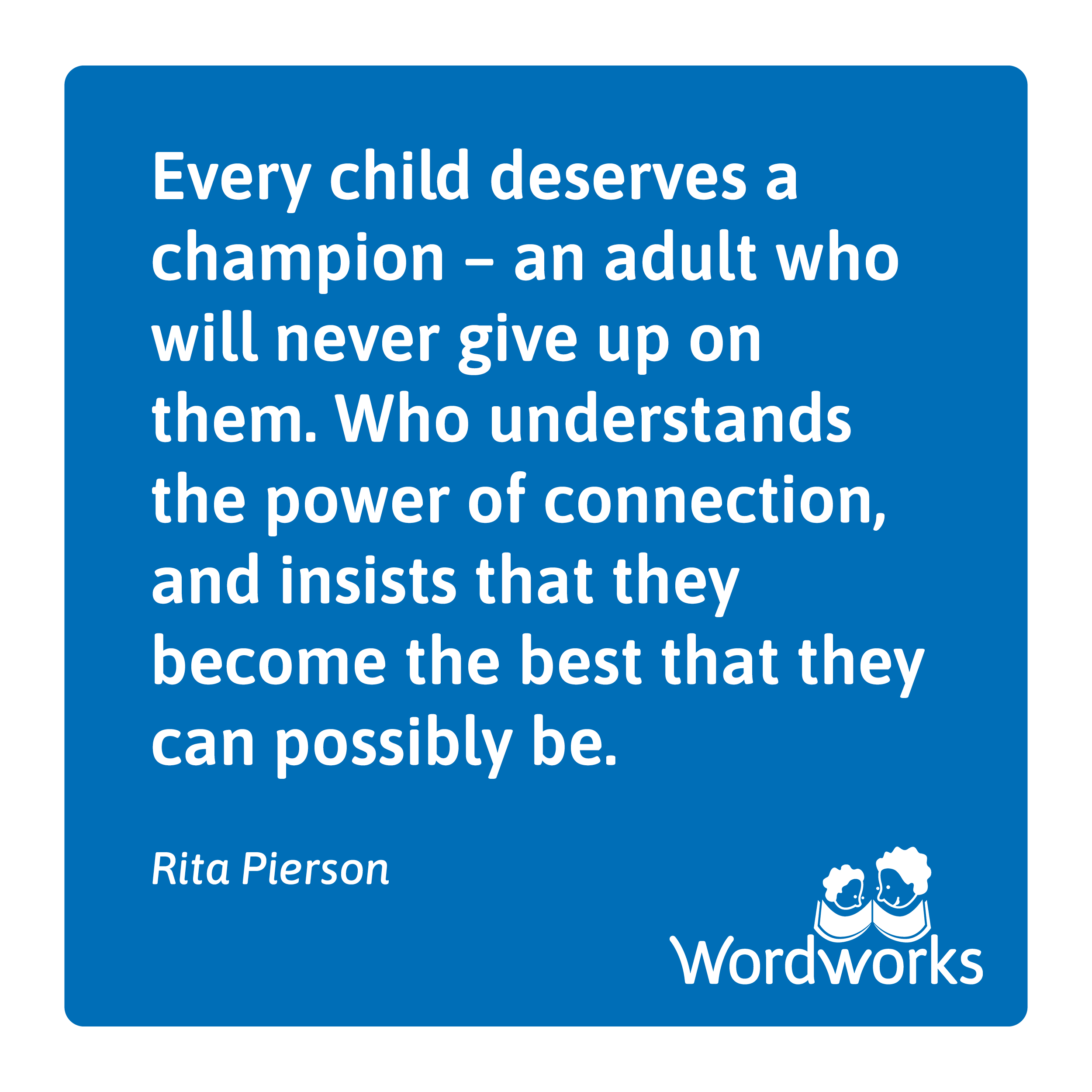
A celebration of sisterhood in literacy and education organisations
At the end of women’s month, I was privileged to be part of an imbizo of six black women leaders in education and literacy organisations, and held together by a fantastic facilitator . We had gathered to record content in celebration of, and advocating for, the significance of literacy and education through what our organisations are doing, culminating in celebrating the UNESCO international Literacy Day on the 8 September, 2022.
The primary objective of the UNESCO Literacy Day this year, “was to connect learning pathways across formal and informal education systems to achieve literacy learning outcomes. This year’s goal was to strengthen the learner-centric approach to reduce the weakening of learning spaces in the aftermath of the pandemic.”
Alongside these important literacy and educational goals for the day, which are the life-blood of our organisations, something seismic was happening. As conversations and coffees were flowing, lipstick was being applied and insights shared, it dawned on me that this is more than a celebration of literacy. This is a celebration of sisterhood that is changing the face of our sector. A colleague subsequently remarked that “this moment is inspiring change and transformation in the literacy/education space, one leader at a time.”
A group of black women leaders at different stages of our lives, leading literacy and educational organisations, should be business as usual in normal societies. But we know that South Africa is still reeling from exclusions of all forms and any barrier broken is a remarkable milestone.
At the end of the day when content was done and dusted, we were energised and full of optimism for the future of our country.
Next year, on 8 September 2023, when we mark international literacy day, advocating for more access, resources and quality programmes to eliminate the literacy crisis, let’s take stock of progress made in increasing representation and retention of black women leaders in our sector and society.
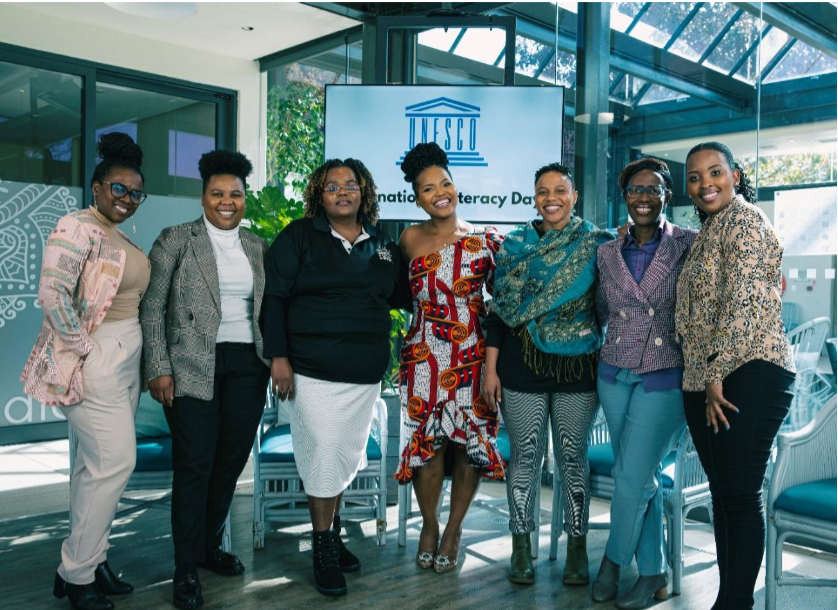
Words are powerful
In this post, I want to consider how words used to celebrate women in South Africa perpetuate a culture of violence.
For a long while South Africa has been commemorating National Women’s Month, reaching its crescendo on Women’s Day on the 9th August. There’s a lot of fanfare and activities that commemorate women in our society. These include featuring women’s achievements in the social, print and electronic media. A well-known SA radio station features women presenters on most of its flagship programmes for a couple of days. Wordworks also celebrates early literacy champions in our network. All these are well and good, and should occur more frequently. This year, like others, was a mixed bag. On one side we celebrated women’s achievements and positive contribution to society; and on the other there were intense calls to eradicate the scourge of GBVF and ugly side of our country. Calls were made to the justice cluster and all sectors of society to intensify prevention and support to victims; and deal decisively with perpetrators of GBVF, including harsher jail sentences.
For long while now I have been thinking about how riled I am when I hear words like “Women are Imbhokodo” (a grinding stone), “You strike a woman you strike a rock”, “Mosadi o tshwara thipa ka bohaleng” (a woman holds the knife on the sharp end). Our language is full of these phrases about women. What do they really mean? Why are women expected to be this strong in the face of extreme violence and death? What’s in words you ask? These have been with us from time immemorial, you offer. I submit that these words and sayings are not helping women’s cause as they are insidiously saying it’s okay for them to endure the hurt and violence meted against them, as women are rocks, and should just hold a knife on the sharp end as superheroes do in movies. This is our reality, not a make believe world. Women are human too. They bleed and die when struck, as borne out by multiple statistics.
What’s in the word, I ask? Words are powerful and carry conscious and subconscious meaning. Let’s normalise the humanity and vulnerability of women. Let’s eradicate and repurpose words that perpetuate violence against women and children! My organisation, Wordworks, is an early literacy and language development NPO and we believe that words, carefully used, can empower and build communities. 